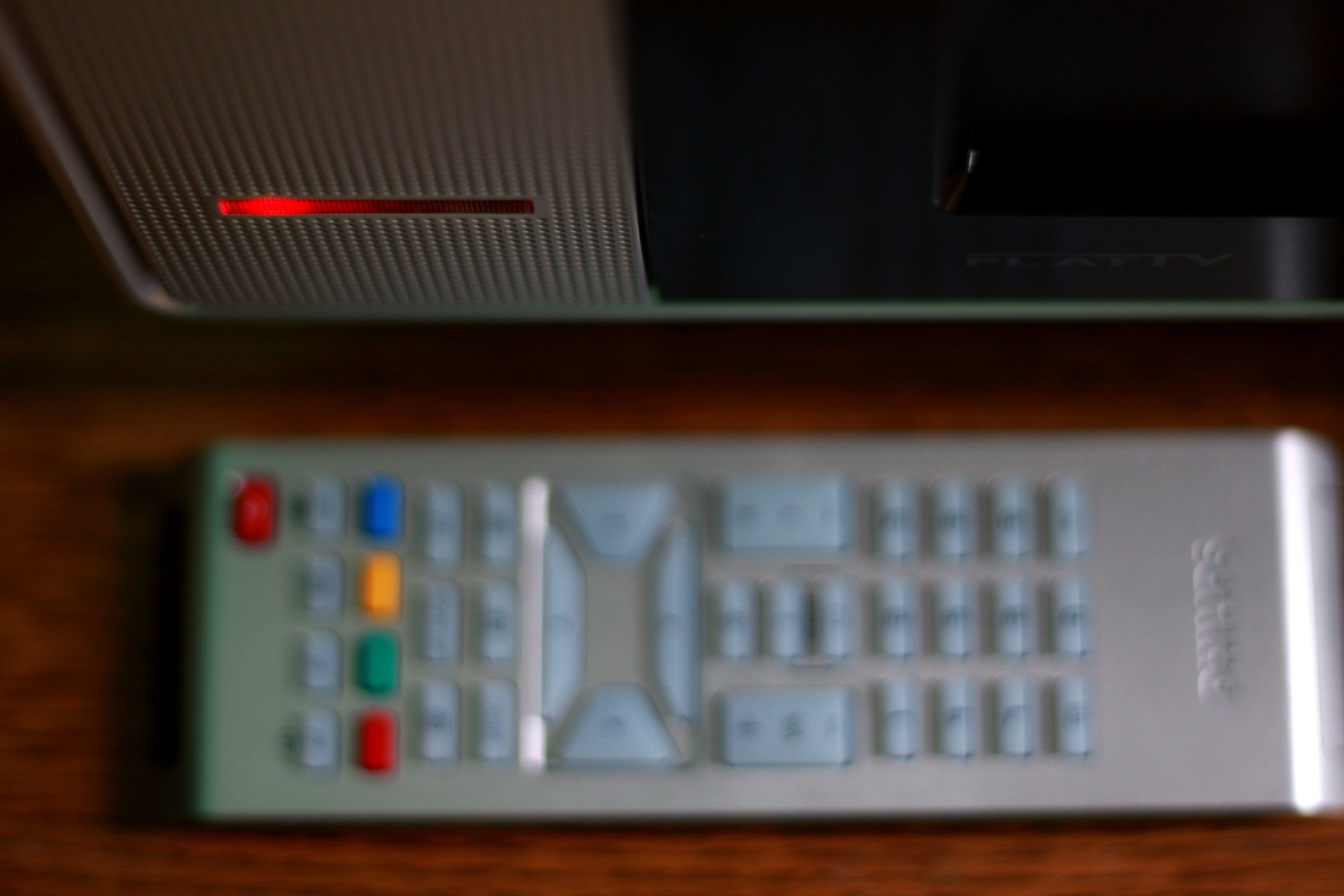Ministers urged to avoid Fox News style programming and weaker media regulation
Concerns about broadcaster GB News’ content were also aired in the House of Lords.

Your support helps us to tell the story
From reproductive rights to climate change to Big Tech, The Independent is on the ground when the story is developing. Whether it's investigating the financials of Elon Musk's pro-Trump PAC or producing our latest documentary, 'The A Word', which shines a light on the American women fighting for reproductive rights, we know how important it is to parse out the facts from the messaging.
At such a critical moment in US history, we need reporters on the ground. Your donation allows us to keep sending journalists to speak to both sides of the story.
The Independent is trusted by Americans across the entire political spectrum. And unlike many other quality news outlets, we choose not to lock Americans out of our reporting and analysis with paywalls. We believe quality journalism should be available to everyone, paid for by those who can afford it.
Your support makes all the difference.The Government must ensure that media remain strongly regulated to avoid the UK equivalent of Fox News arising, ministers have heard.
Concerns about broadcaster GB News’ content were also aired in the House of Lords, amid warnings that slackening the media watchdog Ofcom would lead down a “well-trodden path” witnessed in the US media.
Liberal Democrat former minister Lord McNally claimed GB News had “been testing the limits of how far it can go in ignoring impartiality rules by its choice of presenters and lines of questioning”, pointing to the station’s employment of Tory MPs including Sir Jacob Rees-Mogg, Esther McVey and Philip Davies.
The peer commended Ofcom’s work, but warned that suggestions from its chief executive that channels with a larger audience should be held to a higher regulatory standard “opens the way for a weakening and undermining of standards for which there is no parliamentary authority”.
He added: “And it leads us down an already well-trodden path.
“In the United States there is no impartiality governance framework around the media.
“The abolition of the fairness doctrine in the 1980s under Ronald Reagan paved the way for the fractured and polarised media environment we see today in the USA.”
Conservative former culture secretary Lord Vaizey said he supported “the thrust” of Lord McNally’s argument.
The former Wantage MP added: “We all know why we are talking about due impartiality because we want to avoid what we think we saw in the US to a certain extent, which is the rise of Fox News, heavily biased programming dictated to a certain extent by a management team and what position they would take, and of course CNN on the left.”
He added: “We need to have this debate, not because we dislike GB News despite the fact they often air questionable content, not because we dislike a right-wing broadcaster, if I can put it that way, but because there are plenty of other stations where you could accuse them of potentially breaching due impartiality.”
He pointed to shadow foreign secretary David Lammy’s LBC show as an example.
Media minister Lord Parkinson of Whitley Bay said the Government was “very proud of the UK’s world-renowned broadcasting sector” and said Ofcom underpinned a “gold standard for proportionate, fair and independent regulation”.
On delays in Ofcom decisions, he said: “It is rightly for Ofcom to determine the timing of its investigations and what sanctions if any are appropriate.
“While I understand concerns raised by noble lords about the length of time that can take, I hope noble lords will agree that it is important that Ofcom follows the requirements in legislation to make careful and nuanced judgments and to take the time to do that and to hear representations from all parties concerned.”